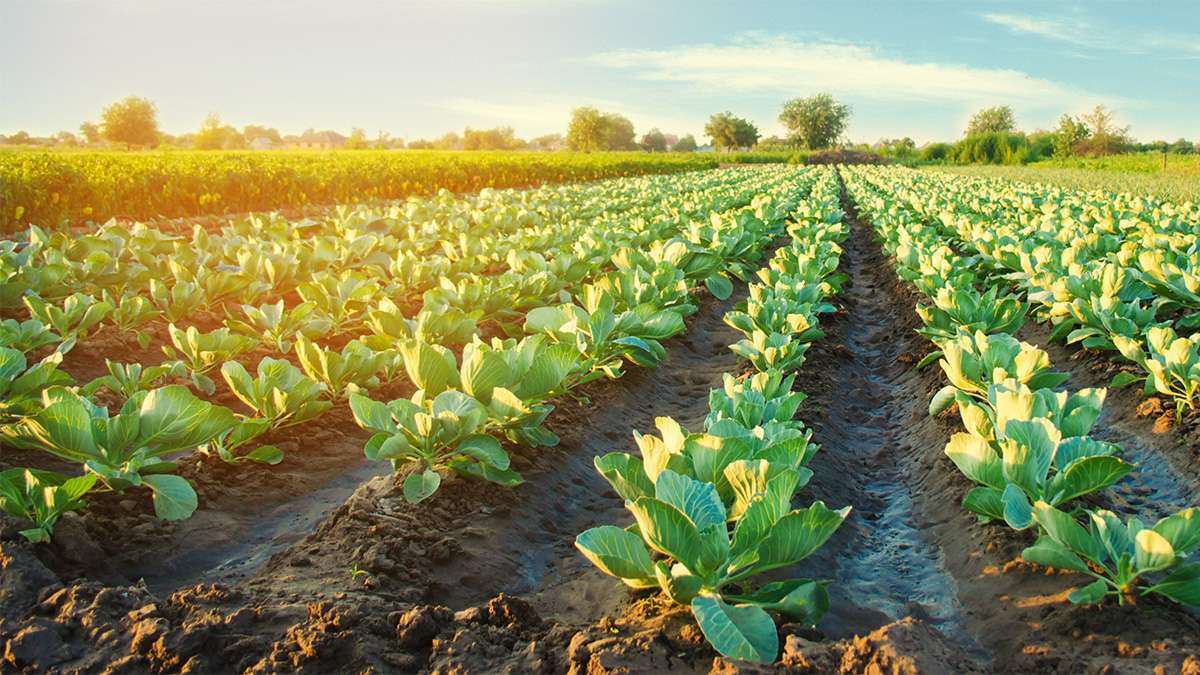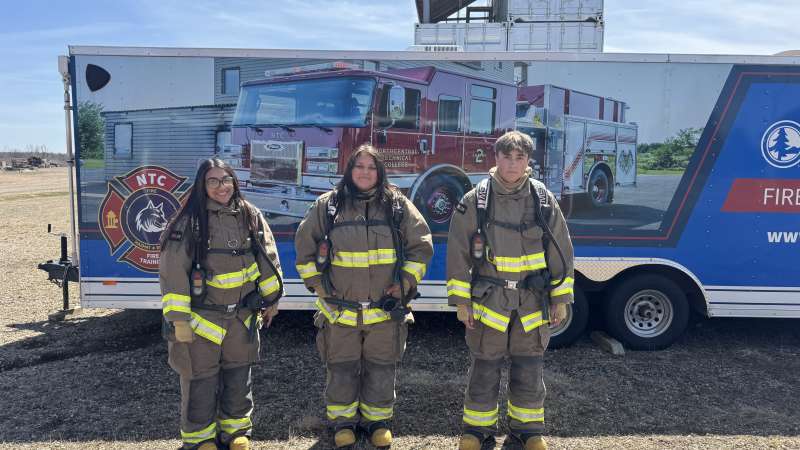(WAUSAU, Wis.) – Northcentral Technical College (NTC), a founding member of the Community College Alliance for Agriculture Advancement (C2A3), is excited to announce a ground-breaking initiative with U.S. Department of Agriculture – Natural Resources Conservation Service (USDA-NRCS). This $9-million, four-year program is part of a cooperative agreement between C2A3 and USDA-NRCS to create a national agriculture center for two-year colleges and connect more students to agriculture career pathways.
C2A3 is a collaboration of nine schools across eight states that began eight years ago as a 501c3 organization. In addition to Northcentral Technical College, member schools are Central Lakes College, Staples, MN; Clark State College, Springfield, OH; Illinois Central College, East Peoria, IL; Ivy Tech Community College, Lafayette, IN; Lake Area Technical College, Watertown, SD; Northeast Community College, Norfolk, NE; Northeast Iowa Community College, Calmar, IA; and Richland Community College, Decatur, IL.
“C2A3 began as a Midwest consortium,” Executive Director Tracy Kruse said. “But with this partnership, we will be able to expand to include colleges from across the nation. Our goal is to have at least 50 community and technical college members by the end of the four-year award period.”
C2A3 will become a national hub for two-year ag education, developing expertise and regionally specific programming and curriculum that can be replicated across the country. Through this alliance, member colleges can access these resources and gain assistance in building partnerships with their local and state USDA-NRCS offices.
Astrid Martinez, Director of the Conservation Planning and Technical Assistance division with USDA’s Natural Resources Conservation Service, has been very active in getting this agreement established.
“C2A3 schools will increase students’ interest in agriculture, natural resources, and conservation, with a focus on preparing students for USDA jobs. National skill standards will be developed in natural resource conservation, precision agriculture, and agronomy,” Martinez said. “This is an important step in developing the next generation of agricultural leaders.”
The national ag education consortium will also encourage applied research and outreach activities on college farms and urban agriculture facilities. Several C2A3 schools, including Northeast, already have continuous projects in place that are related to soil quality, water quality, urban agriculture, livestock, and grazing.
Proposed projects include artificial intelligence and precision livestock; crop drainage and irrigation management; soil quality, field/pasture renovation, and cover crops; water quality, pond, and wetland management; silvopasture management; and urban agriculture.
NTC’s studies have focused on improving soil quality through use of no-till practices as well as utilizing cover crops in a northern climate with multiple methods of application as well as harvest or termination. NTC has also worked with the USDA-NRCS to expand practices for urban agriculture to grow fruits, nuts and vegetables for local markets. NTC plans to continue these efforts in the future as well as running water quality studies focused on reducing nutrients leaving fields and pasture studies on how to improve grazing efforts.
“Our partnership and participation with the Community College Alliance for Agriculture Advancement (C2A3) reinforces our shared commitment to providing educational opportunities to students, farm producers and agricultural service providers, with the goal of improving the health and sustainability of our soil,” said Jeannie Worden, President, Northcentral Technical College. “This investment from the U.S. Department of Agriculture – Natural Resources Conservation Service (USDA-NRCS) will support NTC’s expansion of educational offerings in the areas of soil health improvements and water quality testing and improvements, as well as investments in sustainability through solar panels and innovations in pasture development, both of which align with NRCS standards for natural resources stewardship.”
“Student participation in applied research is the cornerstone of cultivating the next generation of agricultural innovators and problem solvers,” Kruse said. “By using real-life examples of conservation in classroom and laboratory experiences, students can bridge the gap between theoretical knowledge and practical application.”
The expanded C2A3 consortium will also create internship opportunities and student leadership experiences that include real life skills and networking with USDA employees. In addition, it will travel expenses for faculty and students to attend an annual conference and gain practical experiences and knowledge to put to future use.
“The rapid growth of technology in agriculture requires colleges to be nimble and respond quickly to changes within the industry,” Kruse said. “This alliance will support the colleges and provide them the tools to rapidly respond to the workforce needs within agriculture.”
This agreement will fund the hiring of four employees to implement this work, including the hiring of a national director, an instructional designer, an outreach coordinator, and an executive assistant. These positions will work remotely and will be accessible to all member institutions and USDA-NRCS as the partnership is built. The Alliance is expected to start this work immediately. For more information on C2A3, visit www.agalliance.net.



